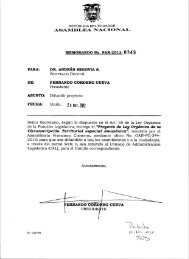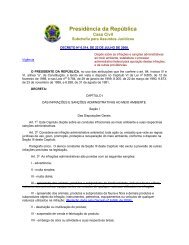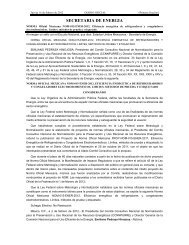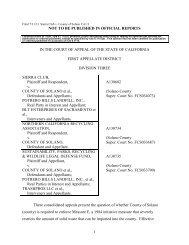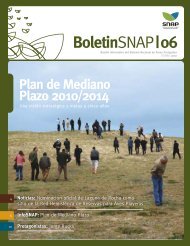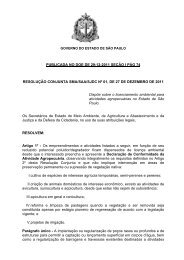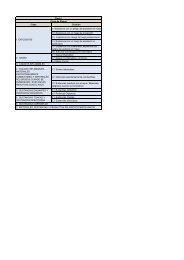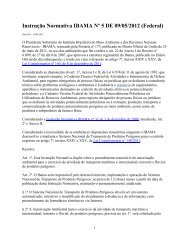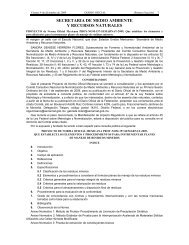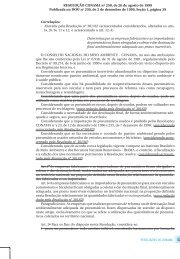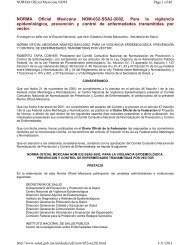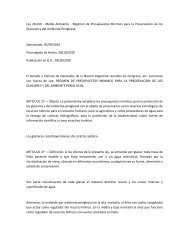OceAn science OceAn science OceAn science
OceAn science OceAn science OceAn science
OceAn science OceAn science OceAn science
Create successful ePaper yourself
Turn your PDF publications into a flip-book with our unique Google optimized e-Paper software.
Necessary Tools<br />
Achieving safe, effective, efficient, and secure marine operations that support environmental<br />
protection requires a diverse suite of infrastructure and technology, ranging from<br />
assessment methodologies (e.g., rapid-assessment methods for detecting marine contaminants/pollutants<br />
and harmful, non-indigenous species) to observing systems and<br />
information networks. Providing accurate and comprehensive environmental information<br />
will require expanding observational networks to monitor, record, and present real-time,<br />
surface-monitoring data (e.g., high-frequency, coastal-based radars). This expansion will<br />
require advancing sensor and technology development, particularly for autonomous and<br />
persistent observations, as well as for long-term observing systems; expanding real-time<br />
or near-real-time data collection on environmental variables by incorporating observational<br />
capabilities of ships of opportunity (e.g., fishing cargo, and passenger vessels); and<br />
enhancing automated and autonomous bottom-mapping capabilities for change detection<br />
to improve rapid, full-scale survey scheduling.<br />
Data collected by the observing systems must be accessible through a comprehensive<br />
national data network, either through a single system 22 or a distributed network. Developing<br />
this data network will require new methodologies that address gaps in data collection,<br />
sharing, and interoperability of technologies, and should permit integration of existing<br />
research into operational systems (e.g., systems providing real-time navigation data to<br />
vessels). This data network should be able to link with other databases, such as those<br />
focusing on ecosystem data, and developed in accordance with international standards for<br />
data exchange. The national data network will also provide the data needed for models<br />
simulating multiple scenarios to better understand potential impacts weather events or<br />
man-made disruptions on marine operations, and to support operations restoration plans.<br />
28



